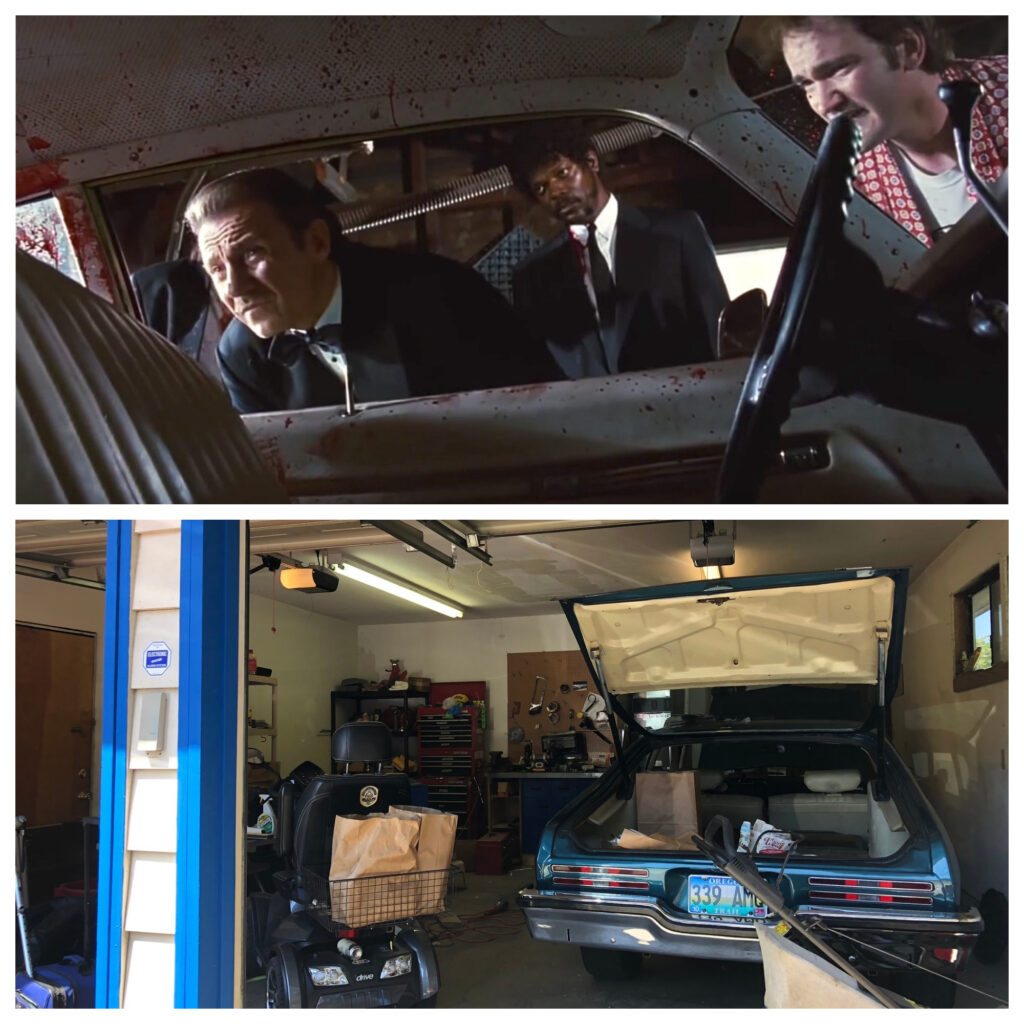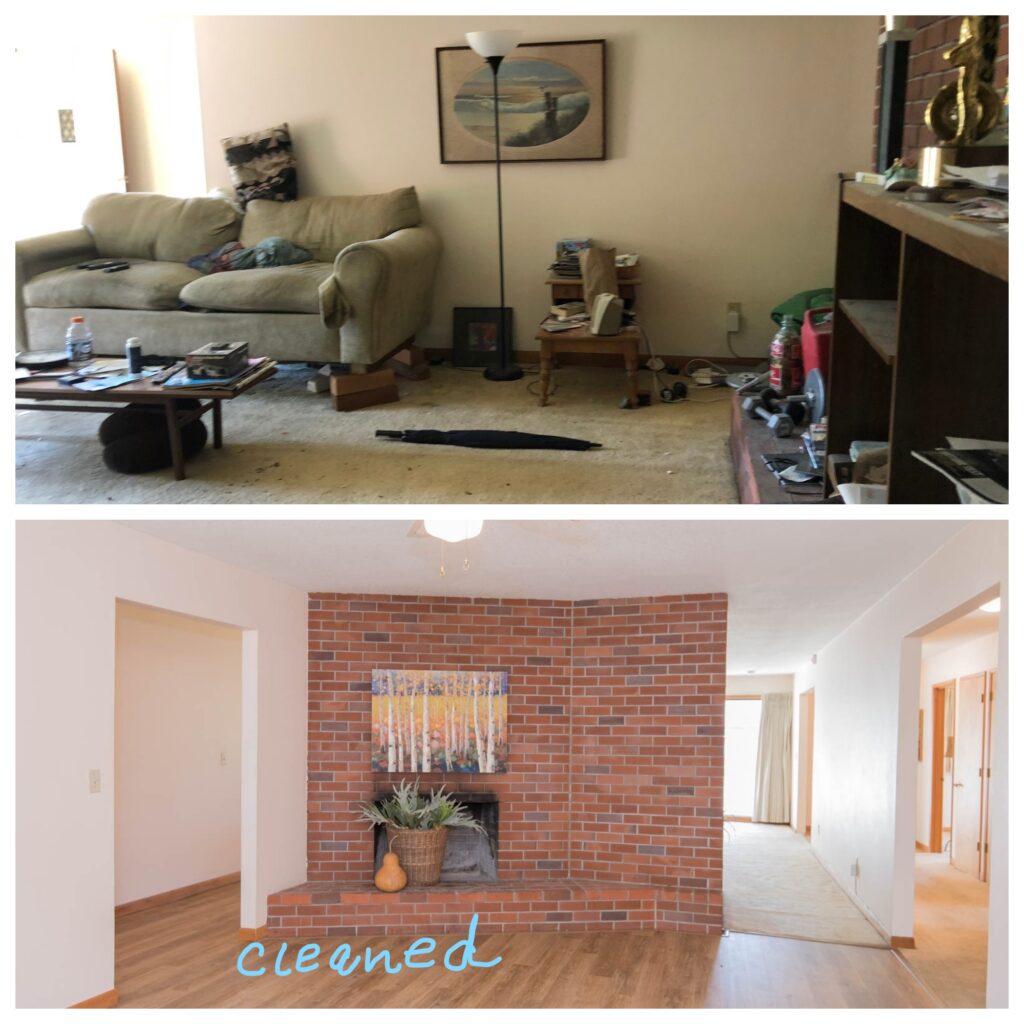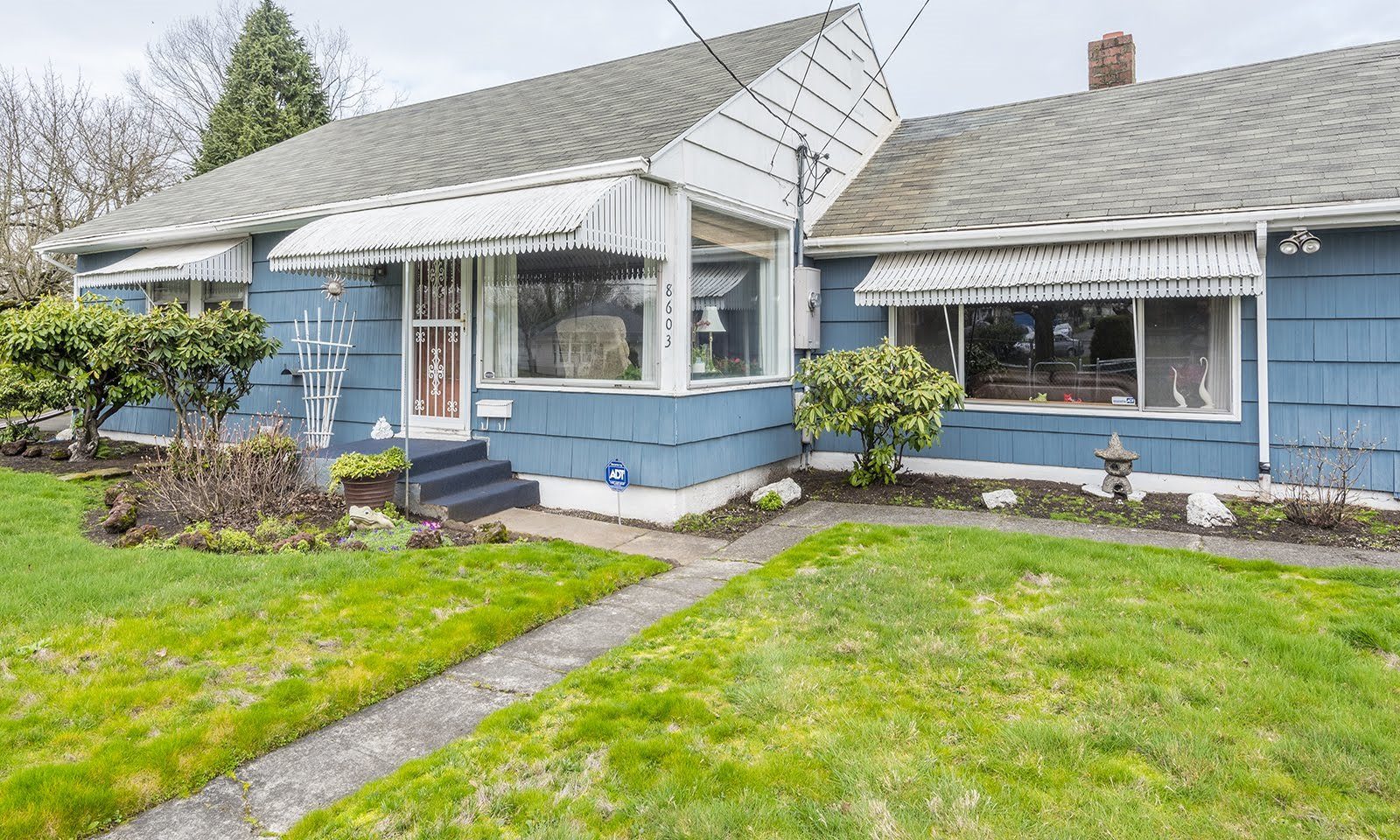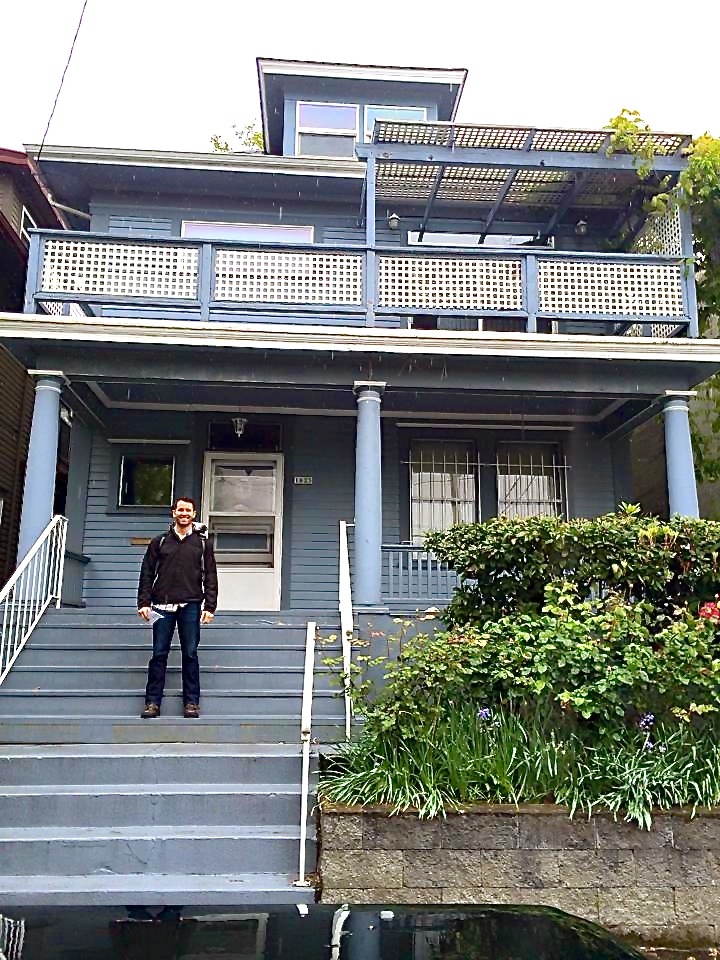What’s up with cosmetic fixers? What are they? What’s the difference between a “fixer” and a “cosmetic fixer”? Here is a quick guide to cosmetic fixers. I’ll answer these questions and talk a bit about how buying one could be the best way to get into a busy market and what to look for.
What are they?
First, let me explain what I mean by a “cosmetic fixer”. These are homes that structurally and mechanically are in good shape but look outdated, dirty, or generally unattractive. Cosmetic fixers can be condos, townhouses, single-family or multi-family homes.
What’s the difference between a “fixer” and a “cosmetic fixer”?
In short, a fixer is a property that needs A LOT of work and may not even be livable (lacking heat, missing flooring, open walls, mold/mildew, etc). They are priced significantly under the average price for a similar property in the same area that is “move-in ready”. Fixers often require cash to purchase the home as lenders may not provide financing for them. A cosmetic fixer is a home that has “good bones” meaning its main systems are functioning well and it’s livable, but it may need a deep clean and some minor t0 significant updates to the cosmetics. Cosmetic updates might include things like carpet, paint, countertops, cabinetry, fixtures, tile, and the list goes on… It can also generally be financed as well because while it may need a deep clean and updating it is still in liveable condition.
What to look for
If you’re looking for a cosmetic fixer, you will need to look past a home’s popcorn ceilings, chipping vinyl floors, or dirty, threadbare carpeting and take a good look at the functional aspects of the home. The structural components of the home, like the roof, gutters, siding, windows, and doors should be in generally good to average condition. The mechanical components of the home, like the furnace, ac, plumbing, electrical panel, and ventilation should also be in good to average condition. Your realtor can point out things to take note of and share their experiences, but you should always rely on the expertise of a home inspector and/or trusted contractors to verify the condition.
Is a cosmetic fixer right for my budget?
Whether you are a first-time buyer looking to get into the market, someone looking to buy a second home, or an experienced investor, there are some things to consider first. Mainly, does your budget allow you to make the needed repairs? If you’re getting a loan to buy the house, you’ll want to look at the funds you have available after your downpayment and closing costs. Do you have enough money to make the repairs you want to do? How big is the home?
 If you only have enough to cover new paint, some new hardware for cabinets, and an appliance or two, maybe a “light” cosmetic fixer or a more modest-sized home is best. If you have enough cash to replace all the cabinetry, re-do the bathrooms, replace light fixtures and flooring, you’ll have more options.
If you only have enough to cover new paint, some new hardware for cabinets, and an appliance or two, maybe a “light” cosmetic fixer or a more modest-sized home is best. If you have enough cash to replace all the cabinetry, re-do the bathrooms, replace light fixtures and flooring, you’ll have more options.
A way to stretch your budget as a first-time buyer, or someone who intends to live in the home as they fix it up, is to prioritize your repairs. Decide what needs fixing or replacing before you move in, what items you can do in the first year, and what things you can live with for a few years while you save up for the next project. Does the carpet need replacing or does the asbestos popcorn ceiling need to be removed? You might decide to do these items before you move all your stuff in and live with the 1970s kitchen for a while. If you go this route, keep in mind that you’ll also have regular home maintenance things to budget for as well. You may be saving for a new bathroom, but don’t forget to put a few dollars away to re-caulk and touch up paint the exterior next fall or to have your ac and furnace serviced regularly.
Is buying a cosmetic fixer right for me?
Well, if you’ve read this far, I think it could be! Deciding to buy a cosmetic fixer means that you have the vision for what a home could be with some TLC. It also means that you’re committing to a bit of a project. Cosmetic fixers can work for many types of buyers. Maybe you’re handy, you like a DIY project and plan to live in the home as you fix it up. Or maybe you’re planning to hire someone to do all the updates right away so you can move in and enjoy the freshly updated space. You might have an eye for design and see a cosmetic fixer as an opportunity to choose your own finishes and make a space your own vs buying something in great shape that doesn’t match your style. Maybe you see it as an investment opportunity and plan to fix it up to be more desirable to more people and sell it for a profit. Whatever your plan is, cosmetic fixers can be a good option for lots of buyers!
If you’re ready to start shopping for a cosmetic fixer in Portland or the surrounding areas, give me a call. I’ll happily show you homes with potential that just need a little TLC. I love a design project and can discuss how to meet your goals and make a place your own.











 If you only have enough to cover new paint, some new hardware for cabinets, and an appliance or two, maybe a “light” cosmetic fixer or a more modest-sized home is best. If you have enough cash to replace all the cabinetry, re-do the bathrooms, replace light fixtures and flooring, you’ll have more options.
If you only have enough to cover new paint, some new hardware for cabinets, and an appliance or two, maybe a “light” cosmetic fixer or a more modest-sized home is best. If you have enough cash to replace all the cabinetry, re-do the bathrooms, replace light fixtures and flooring, you’ll have more options.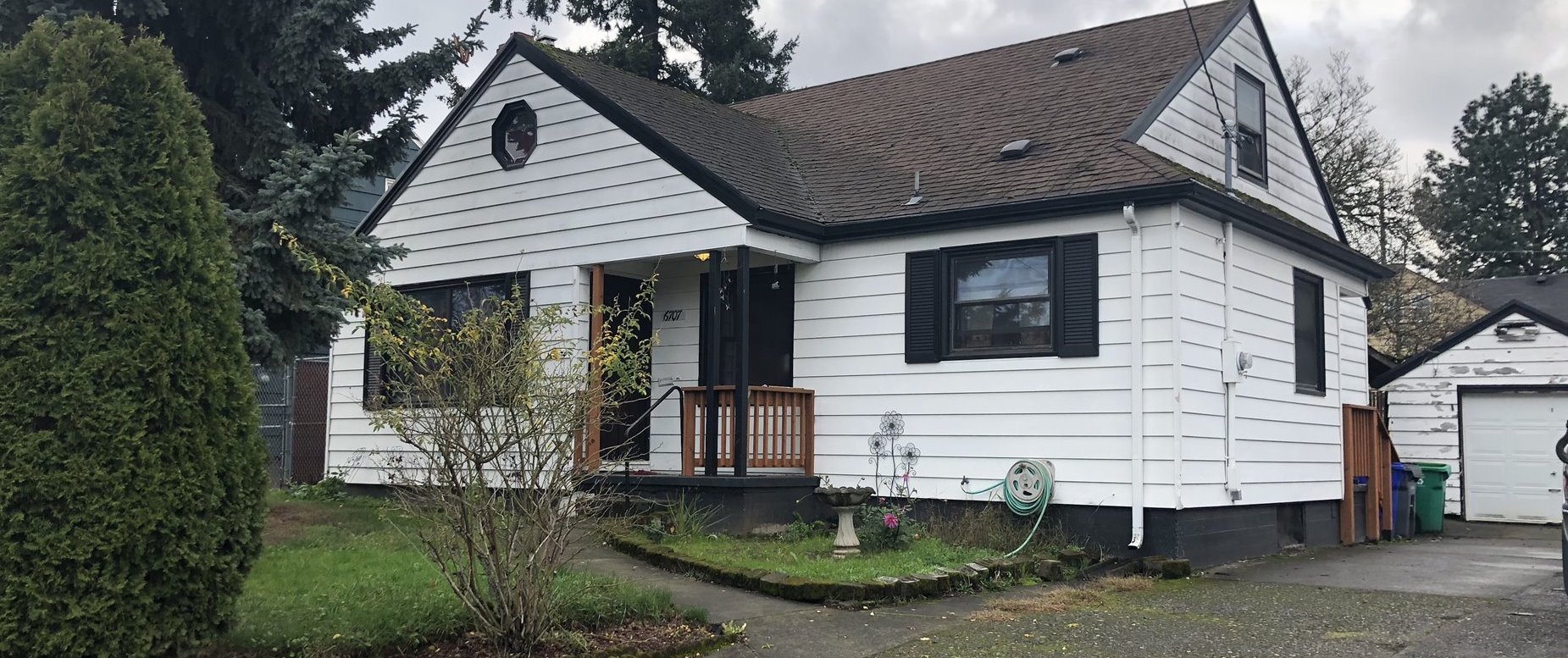
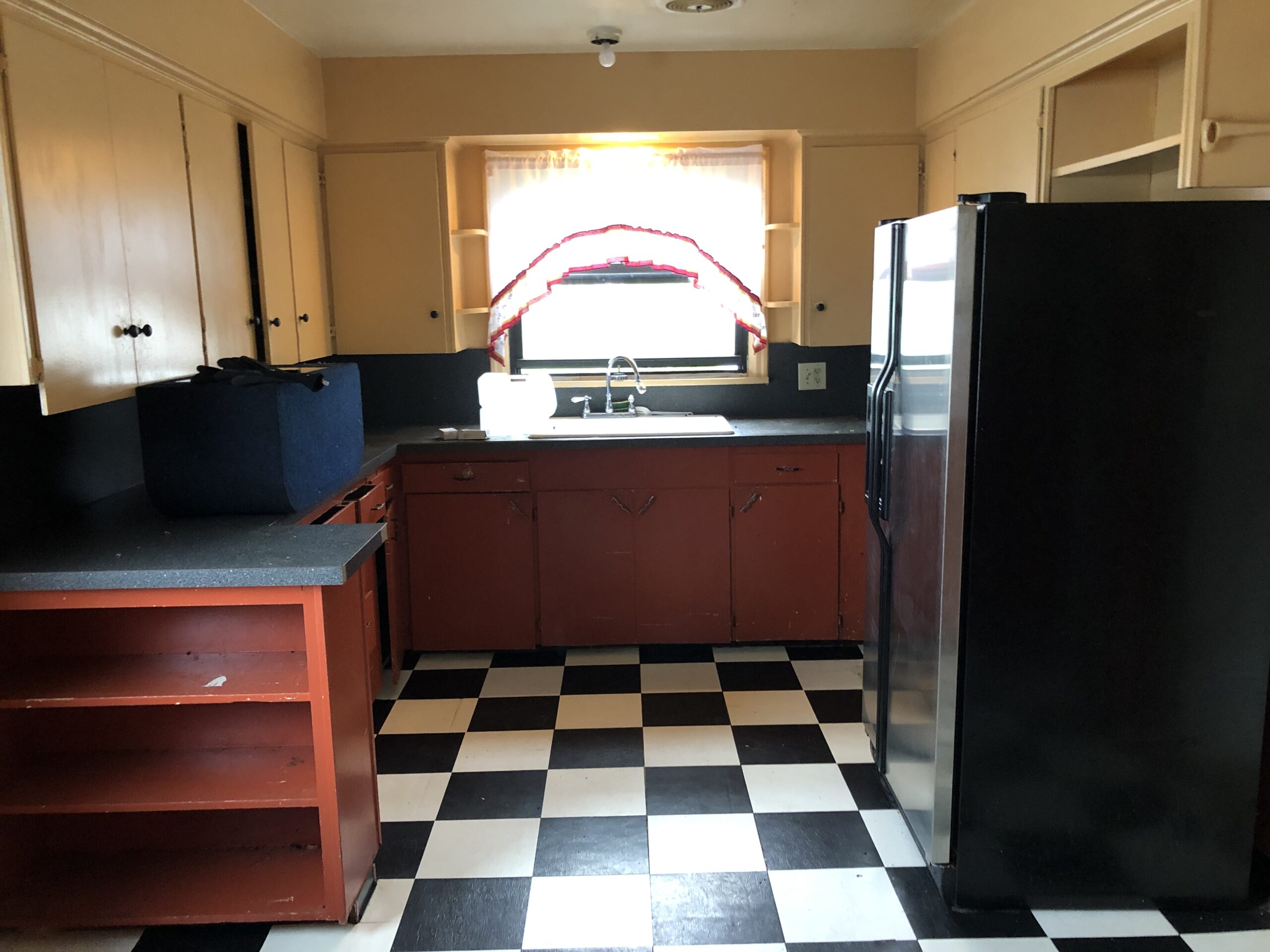
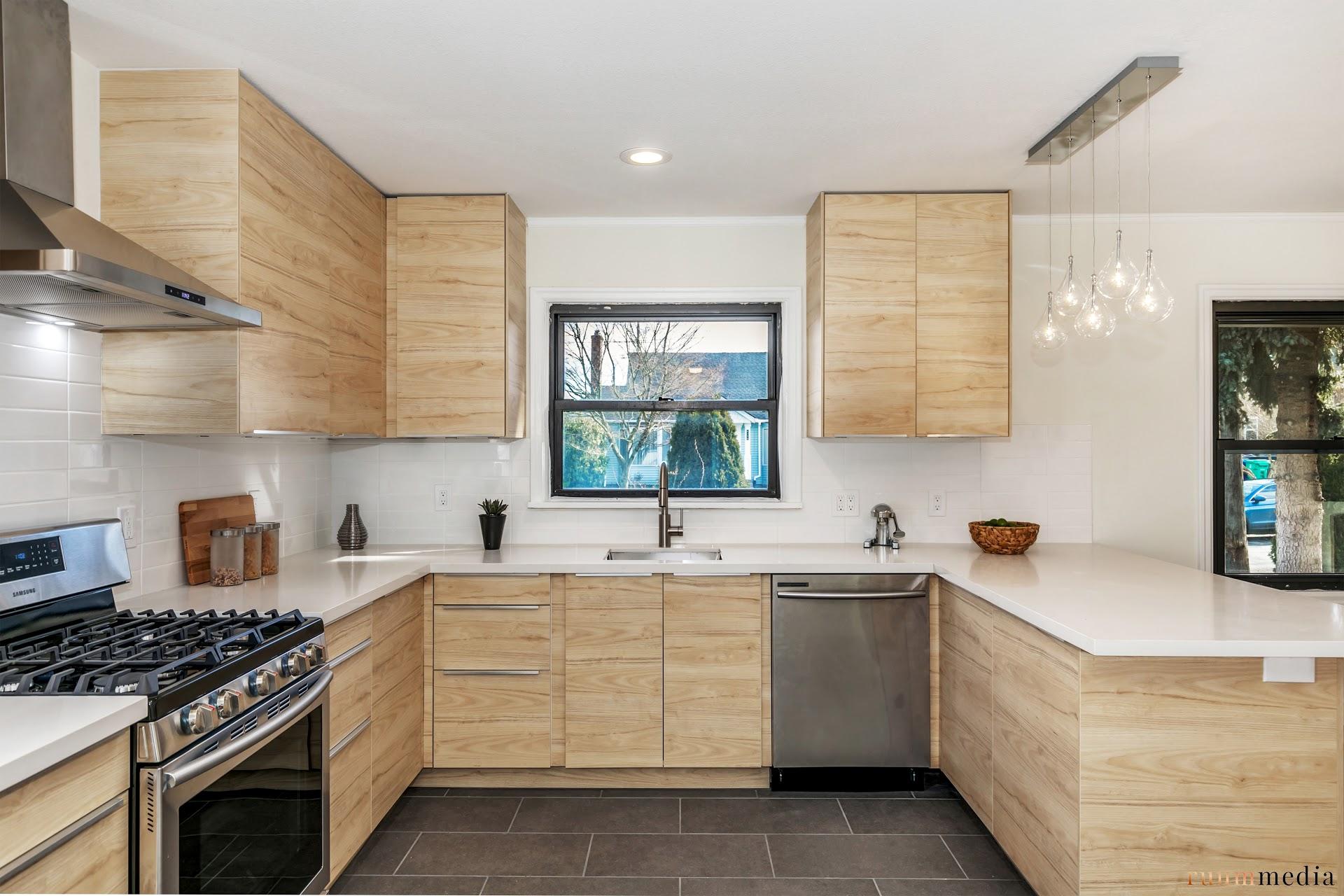
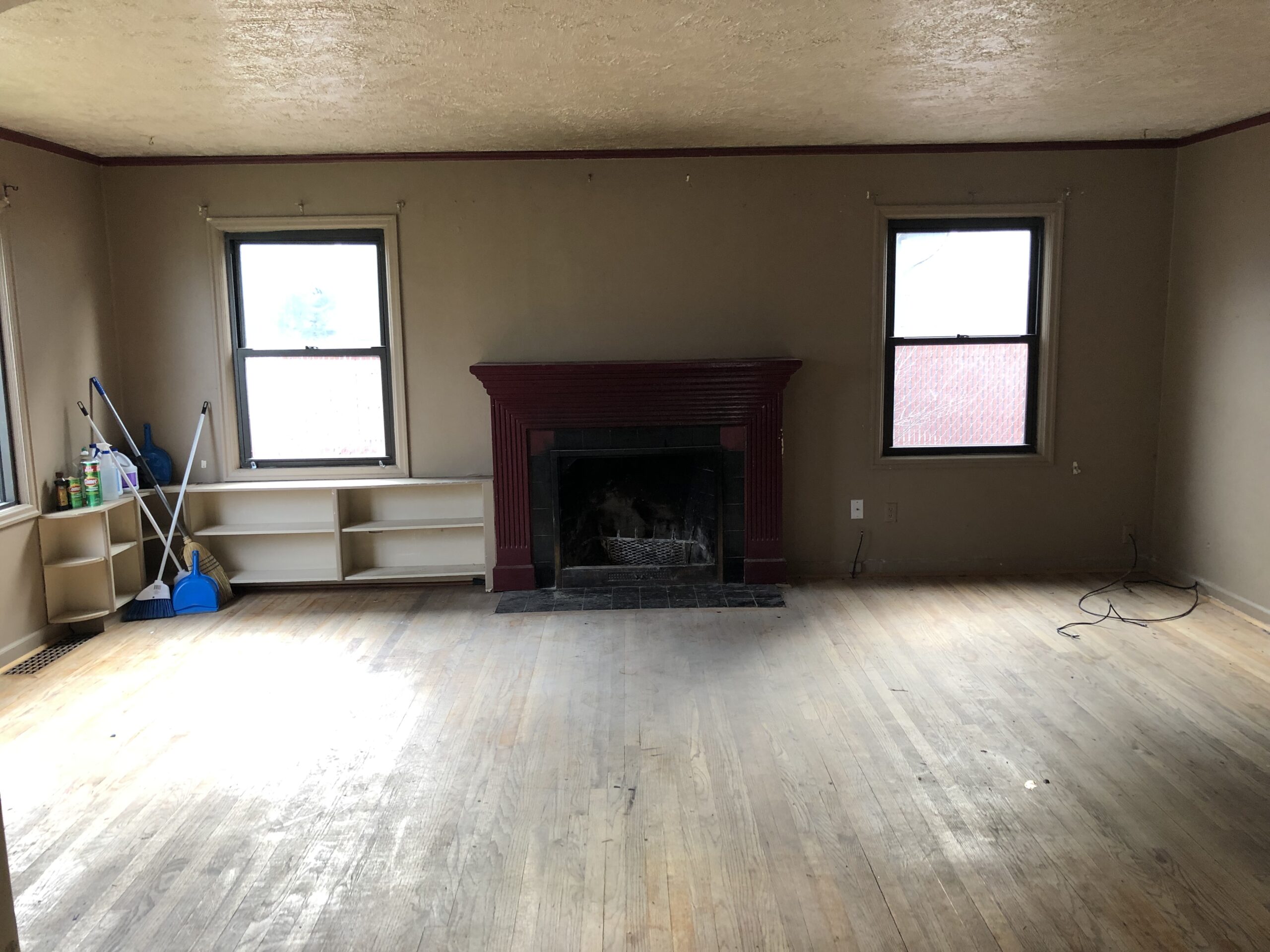
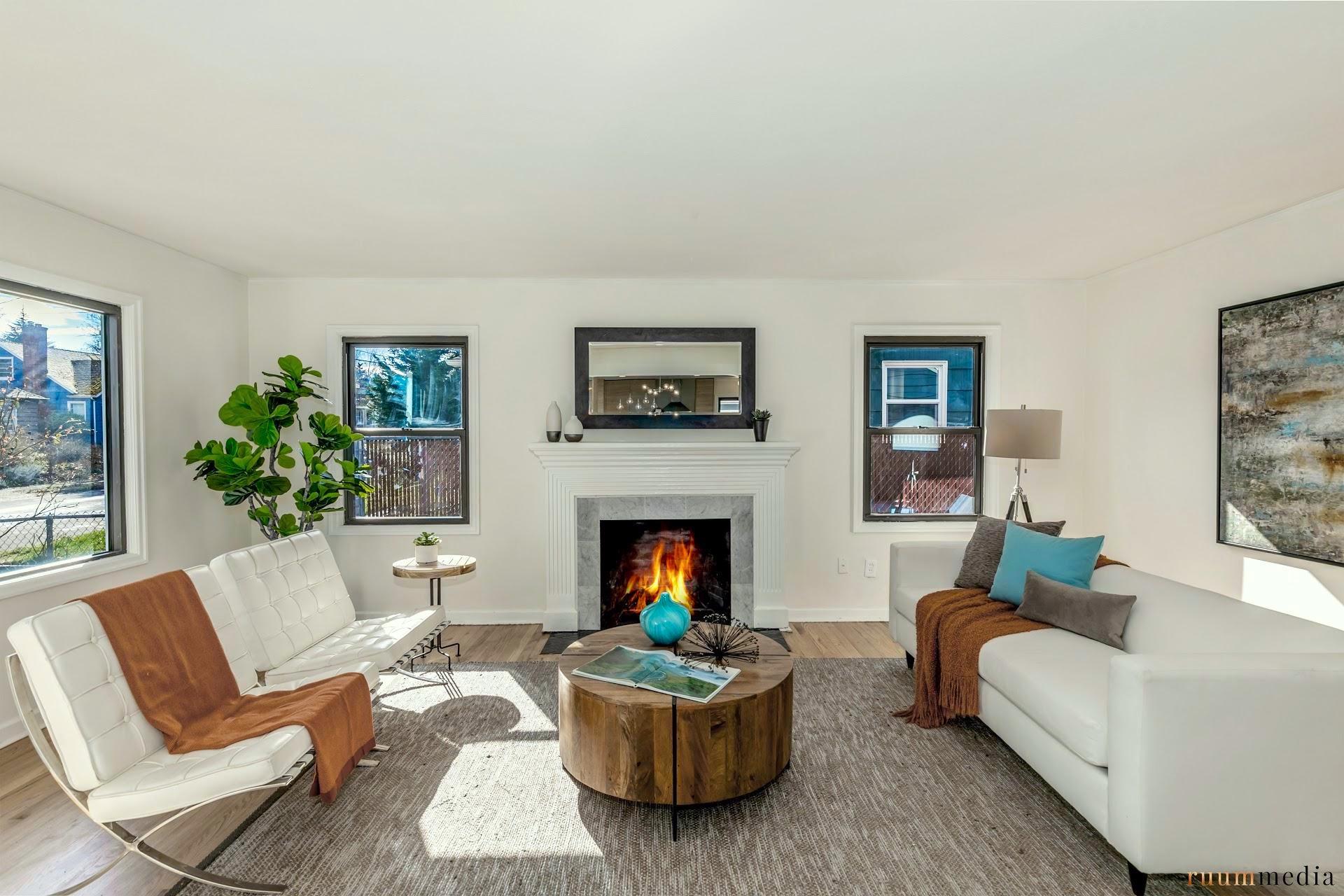


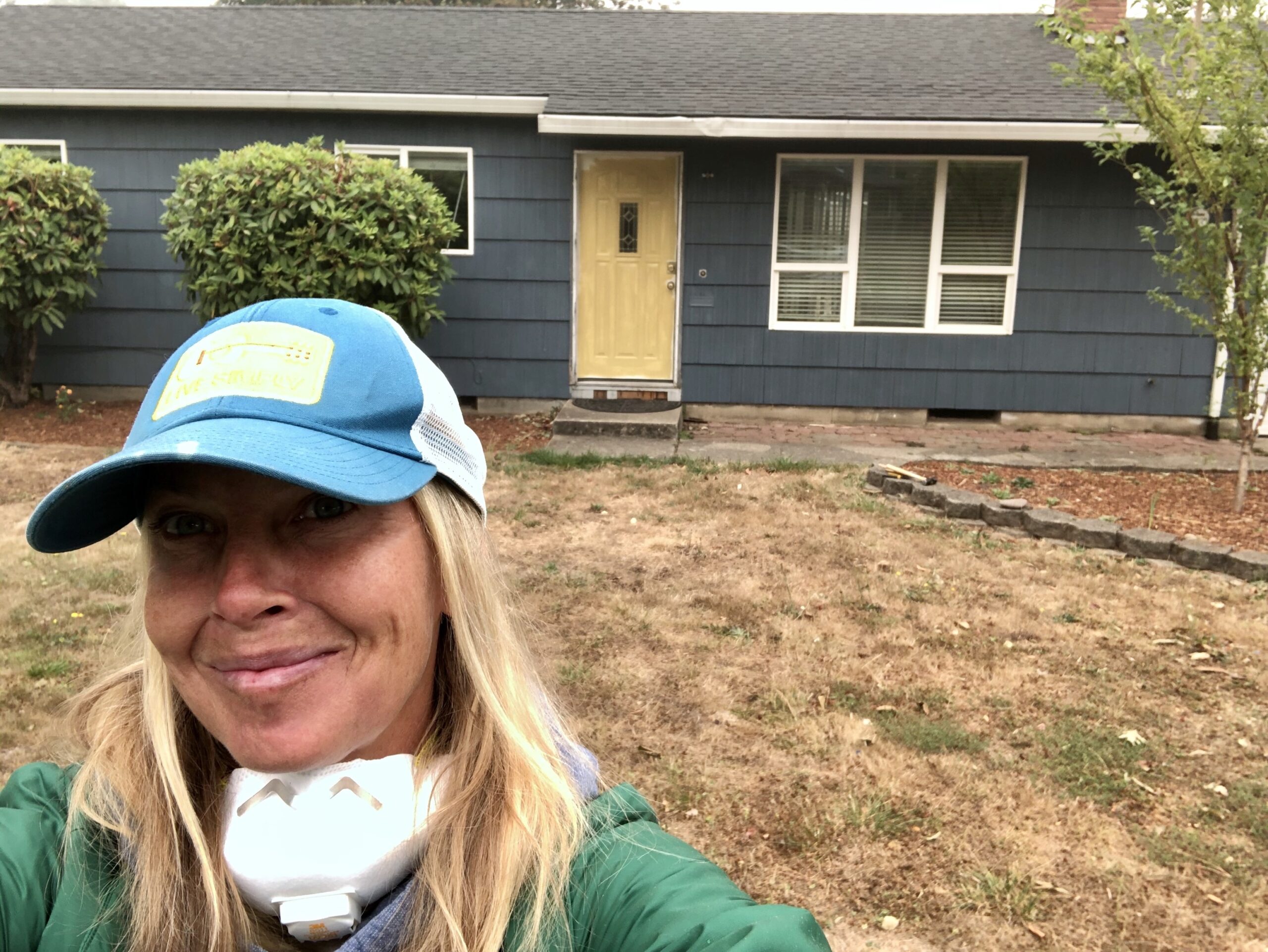

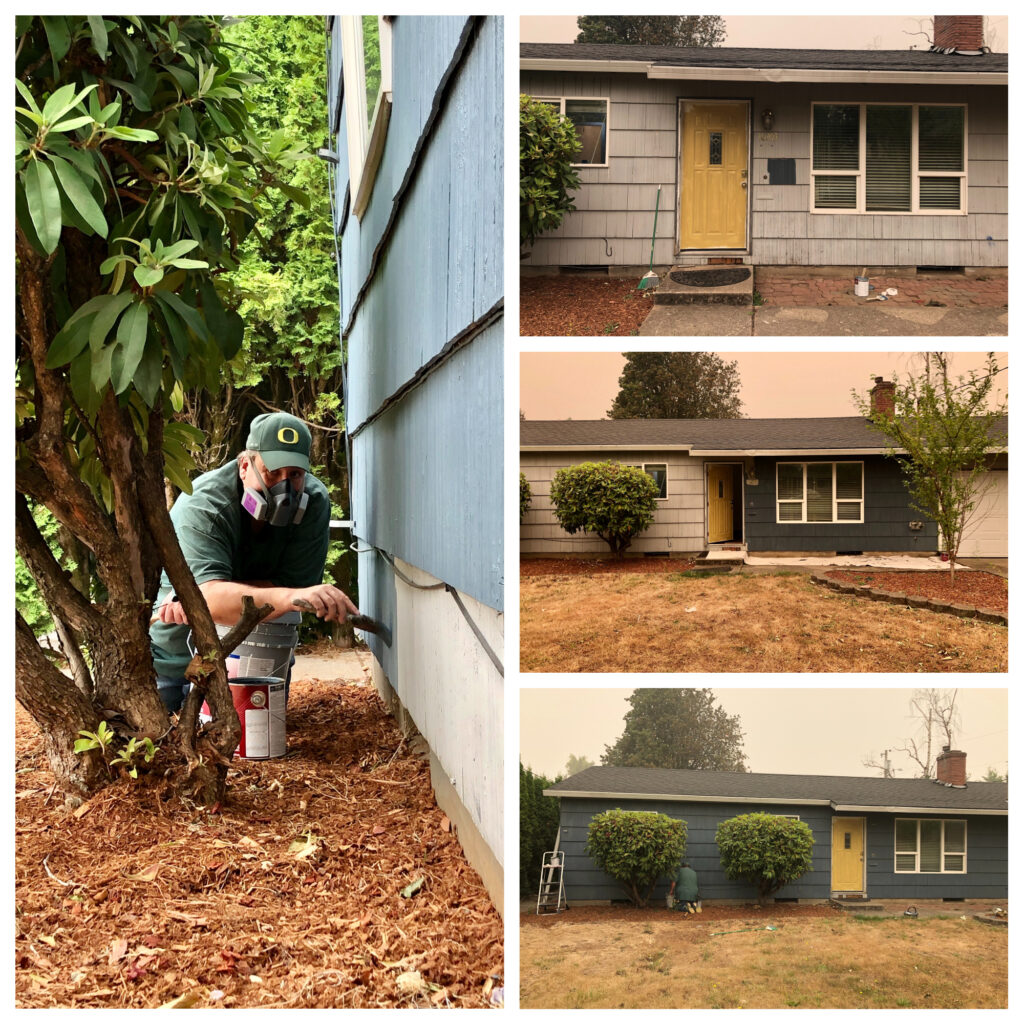

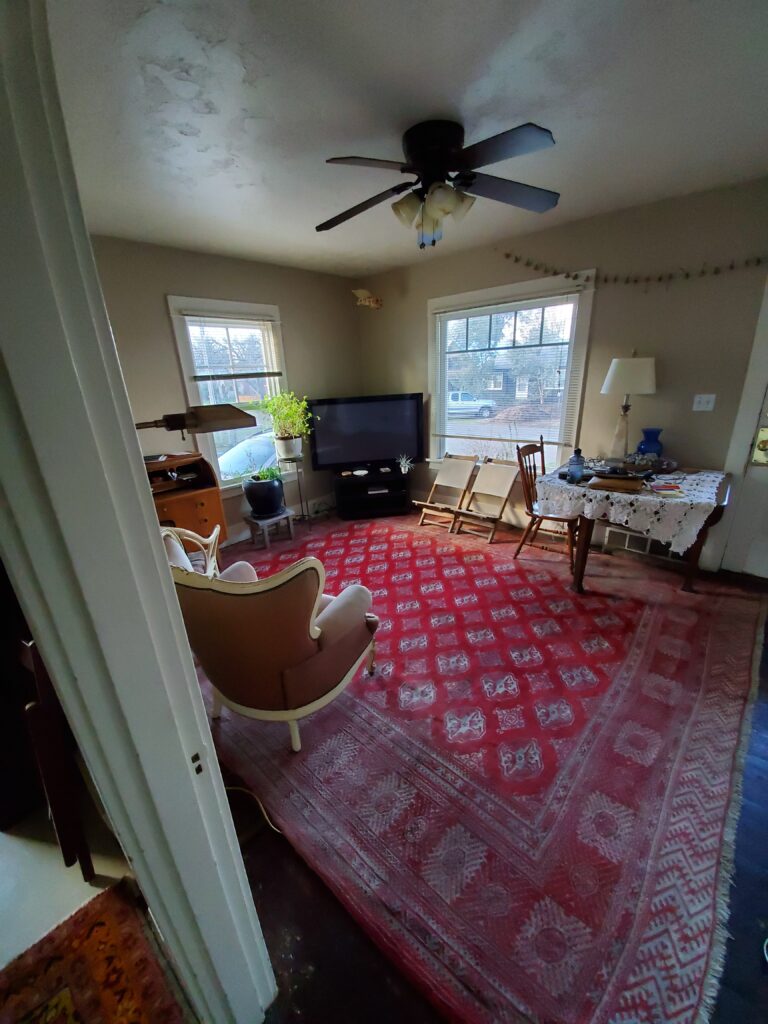
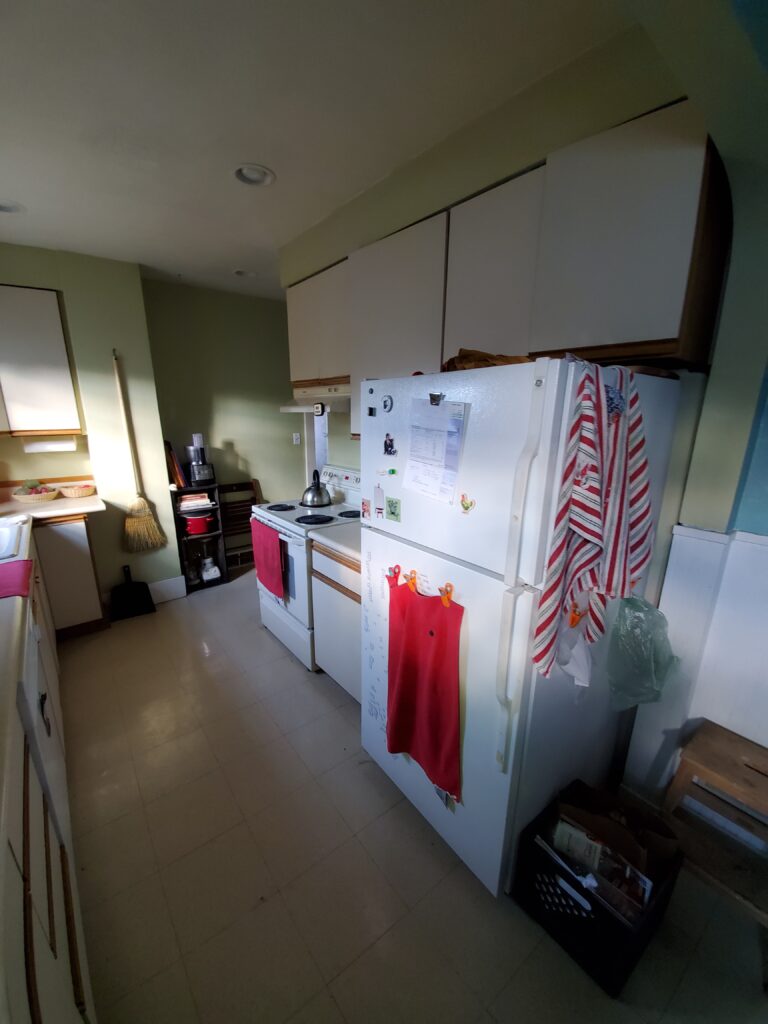
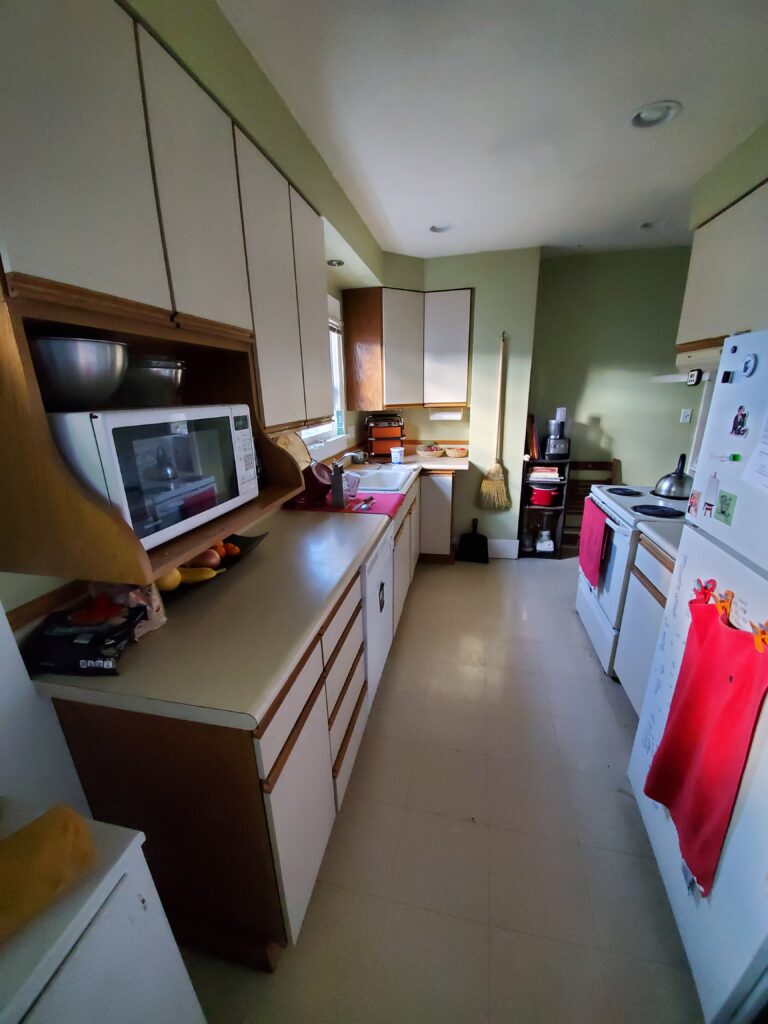
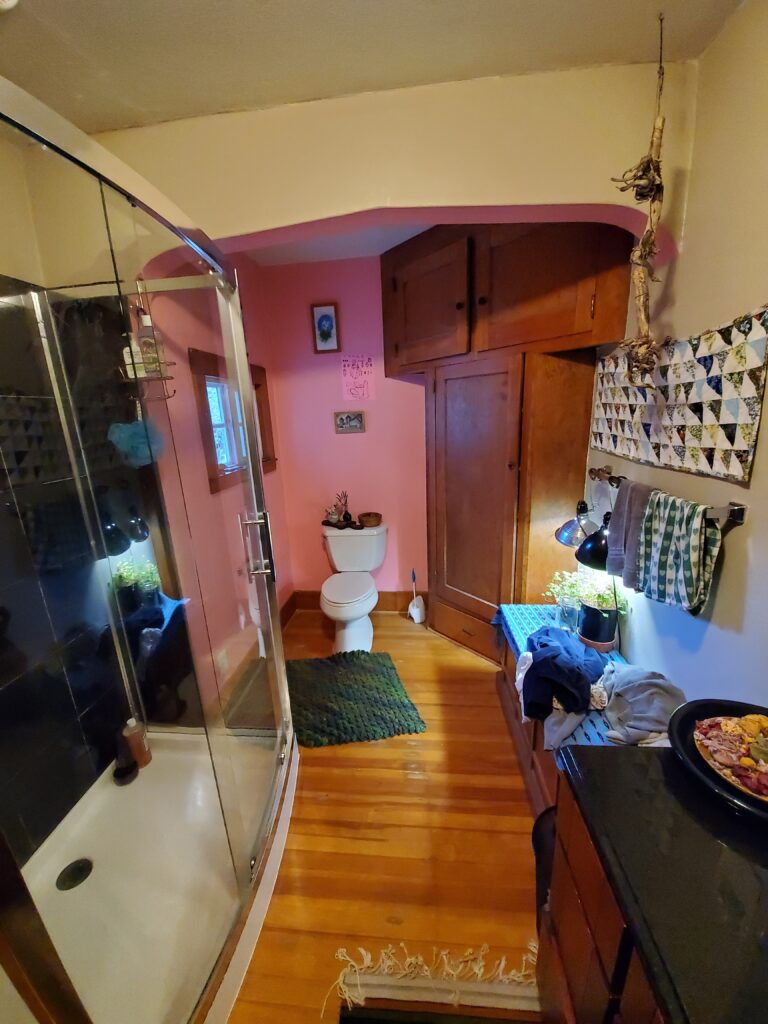
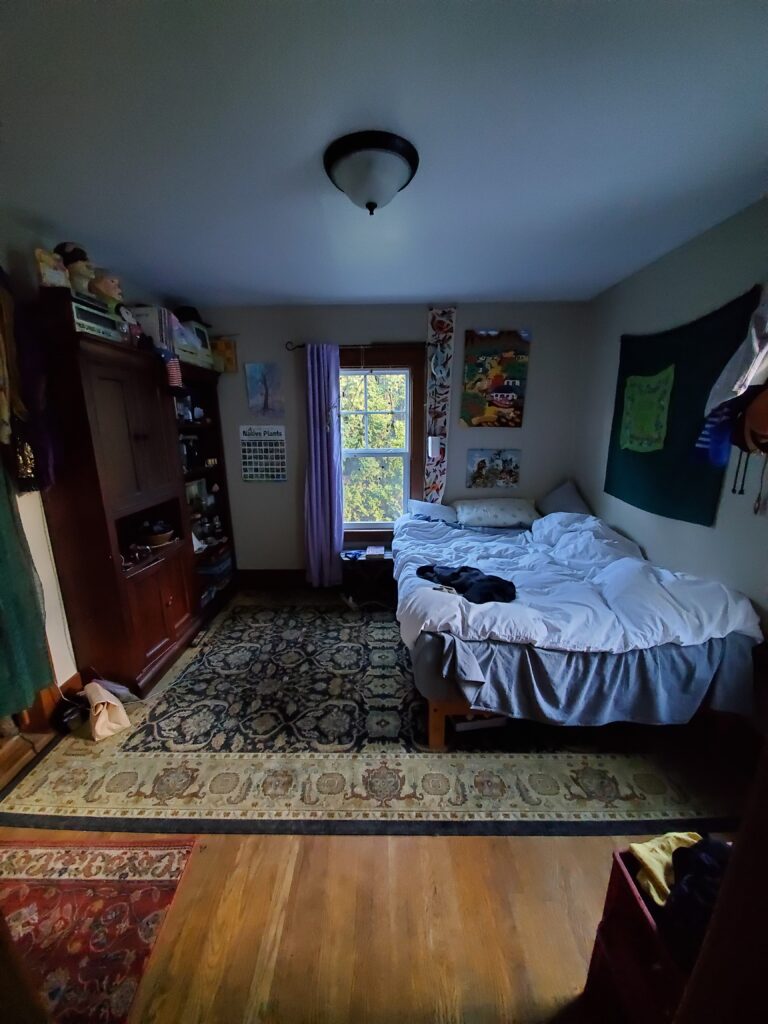
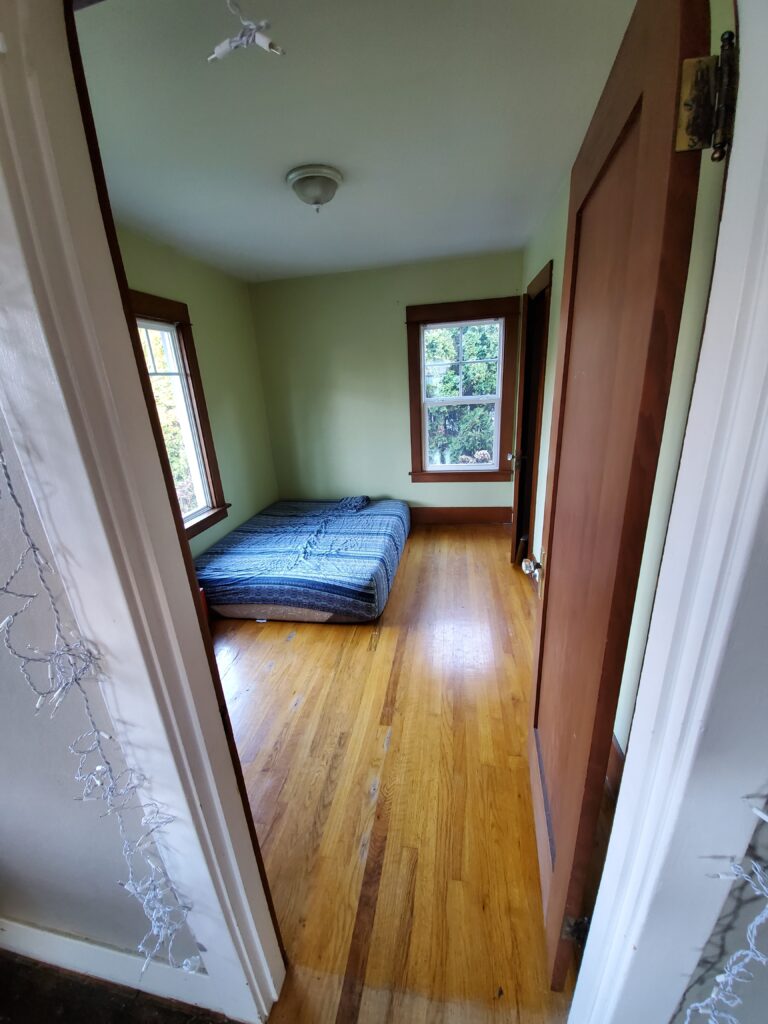

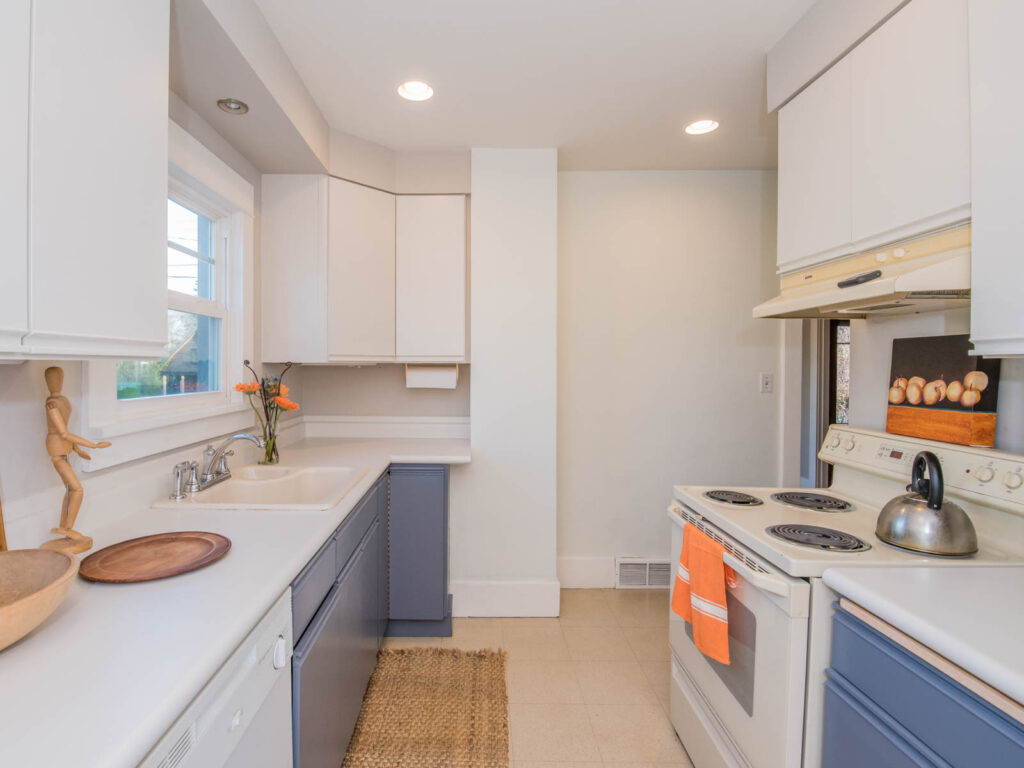
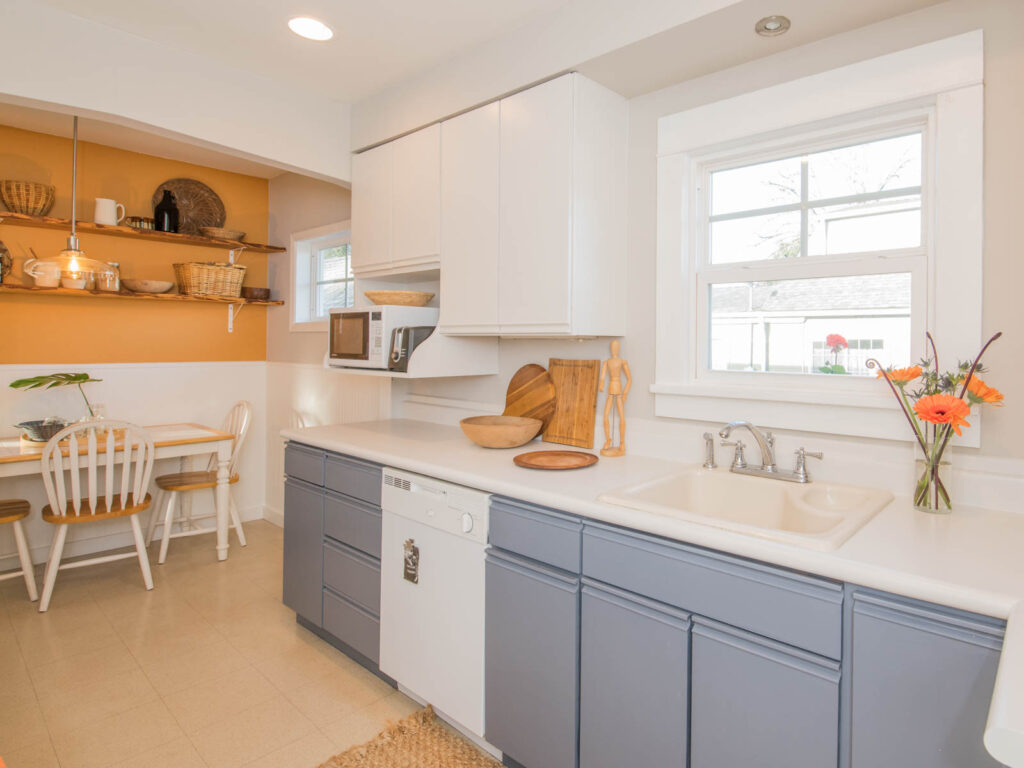
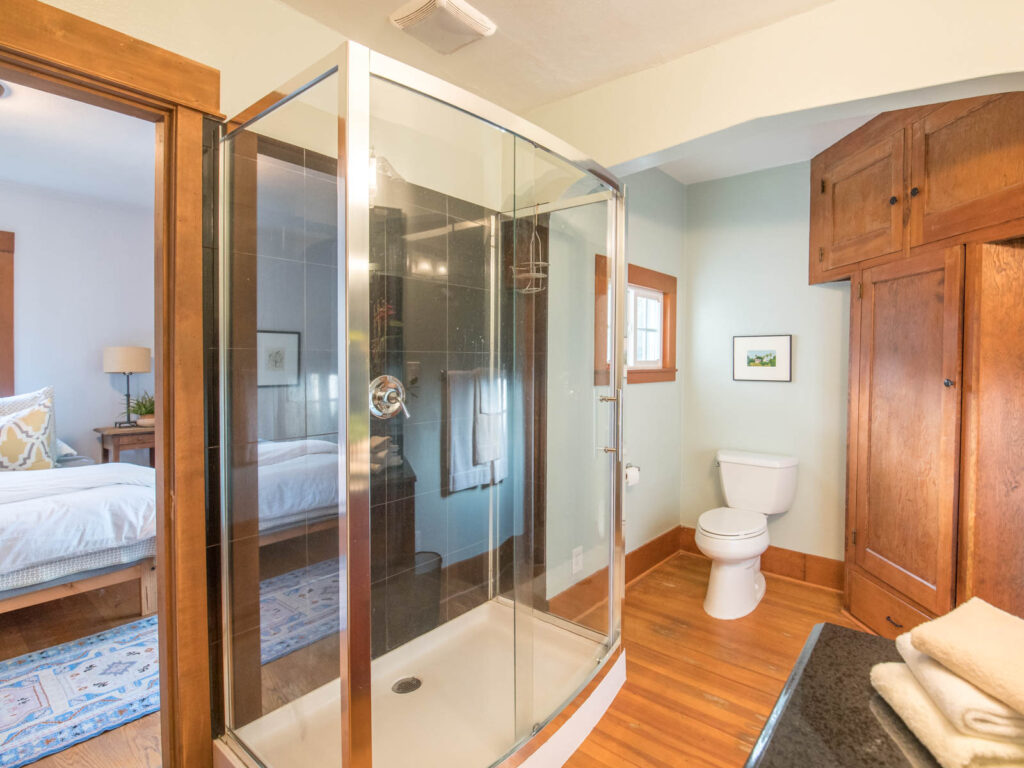

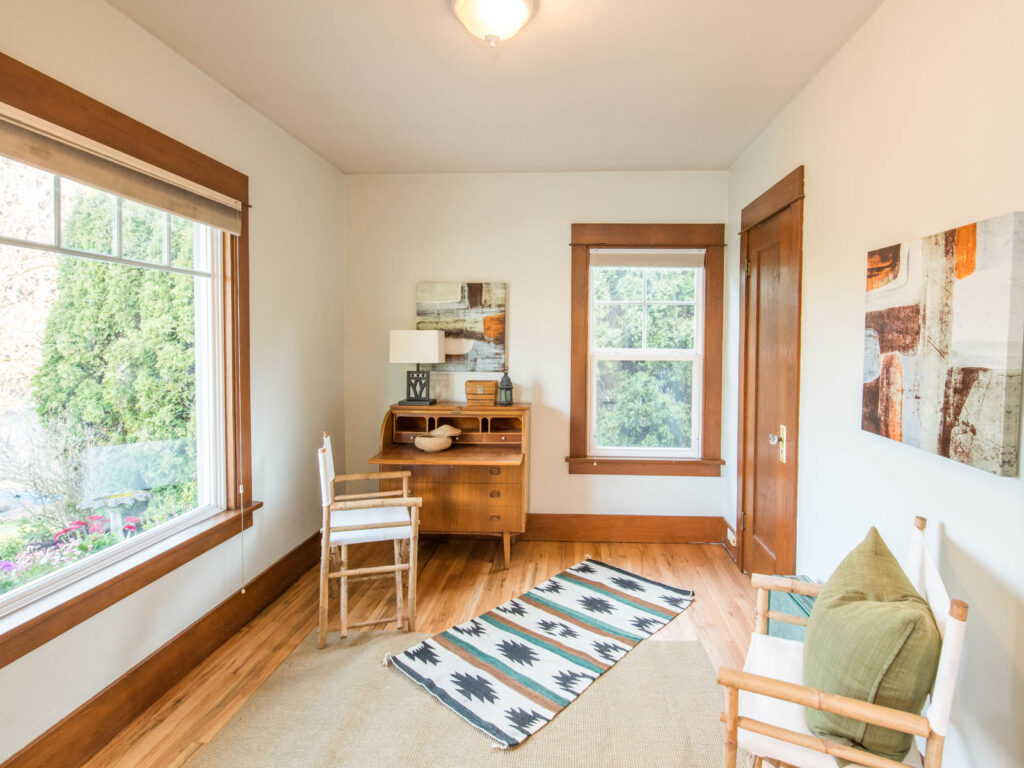
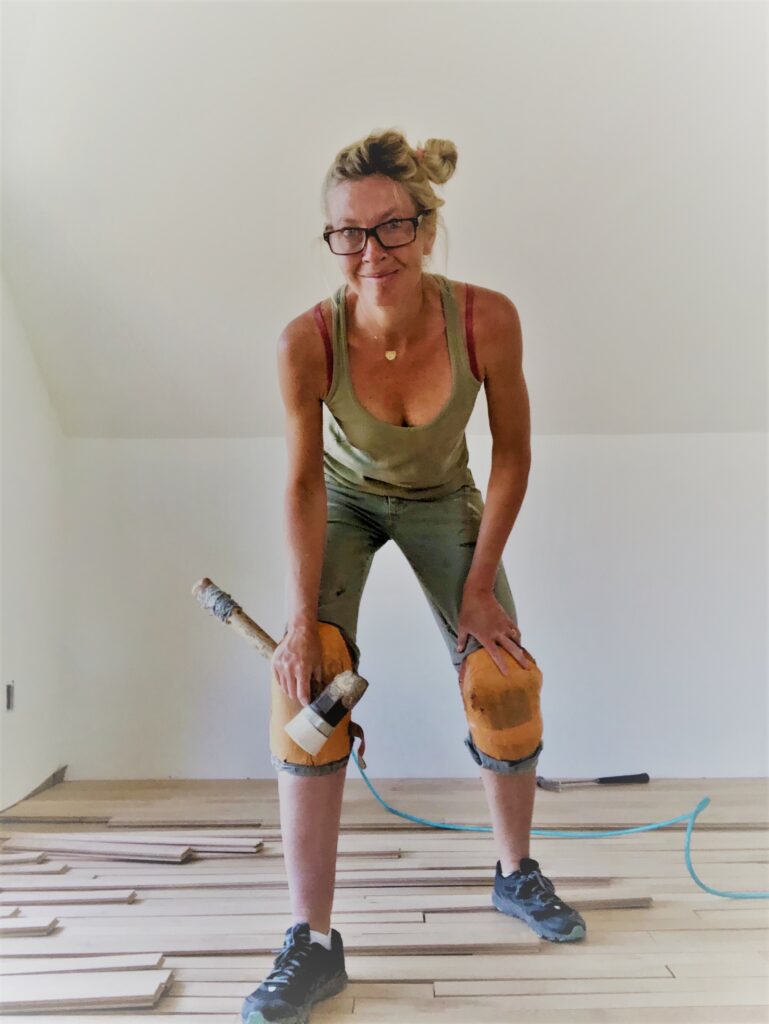


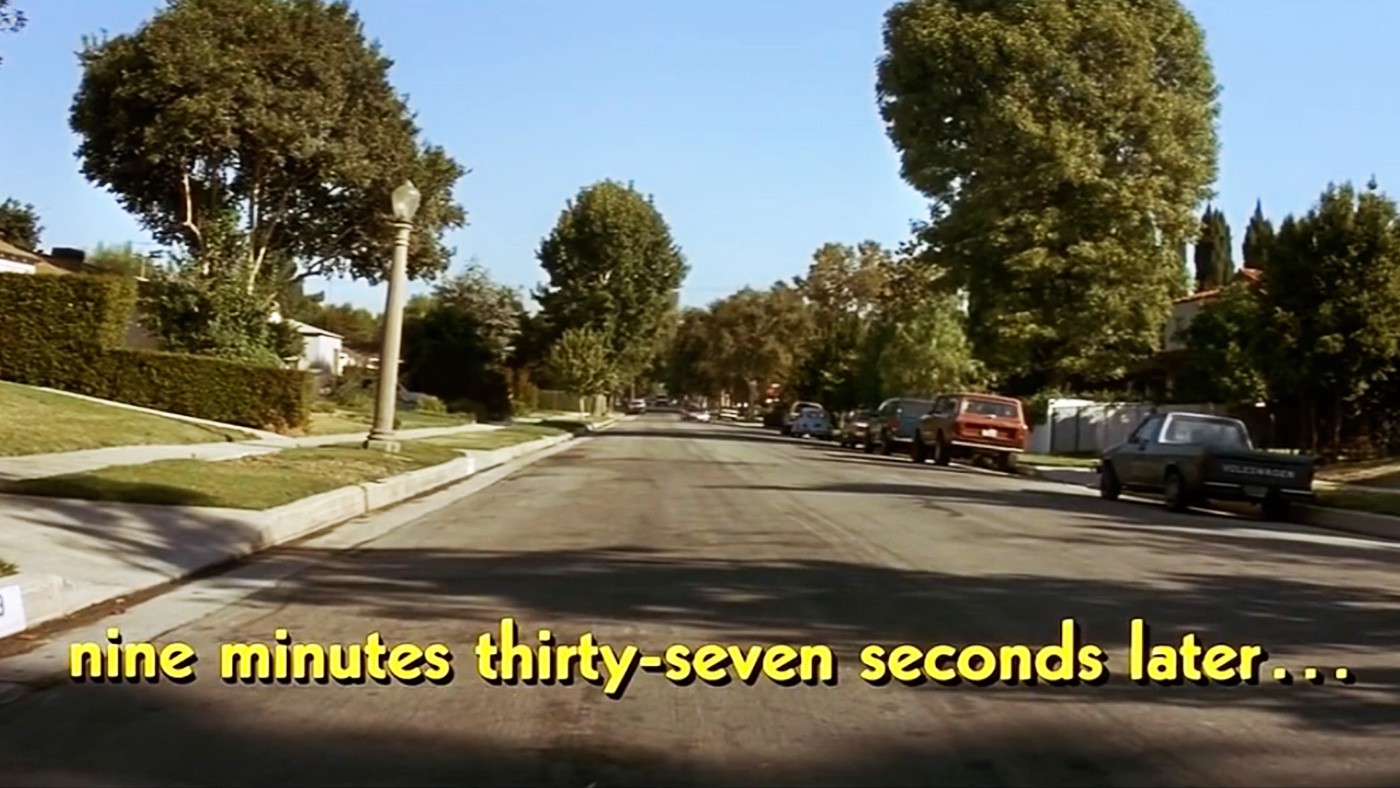
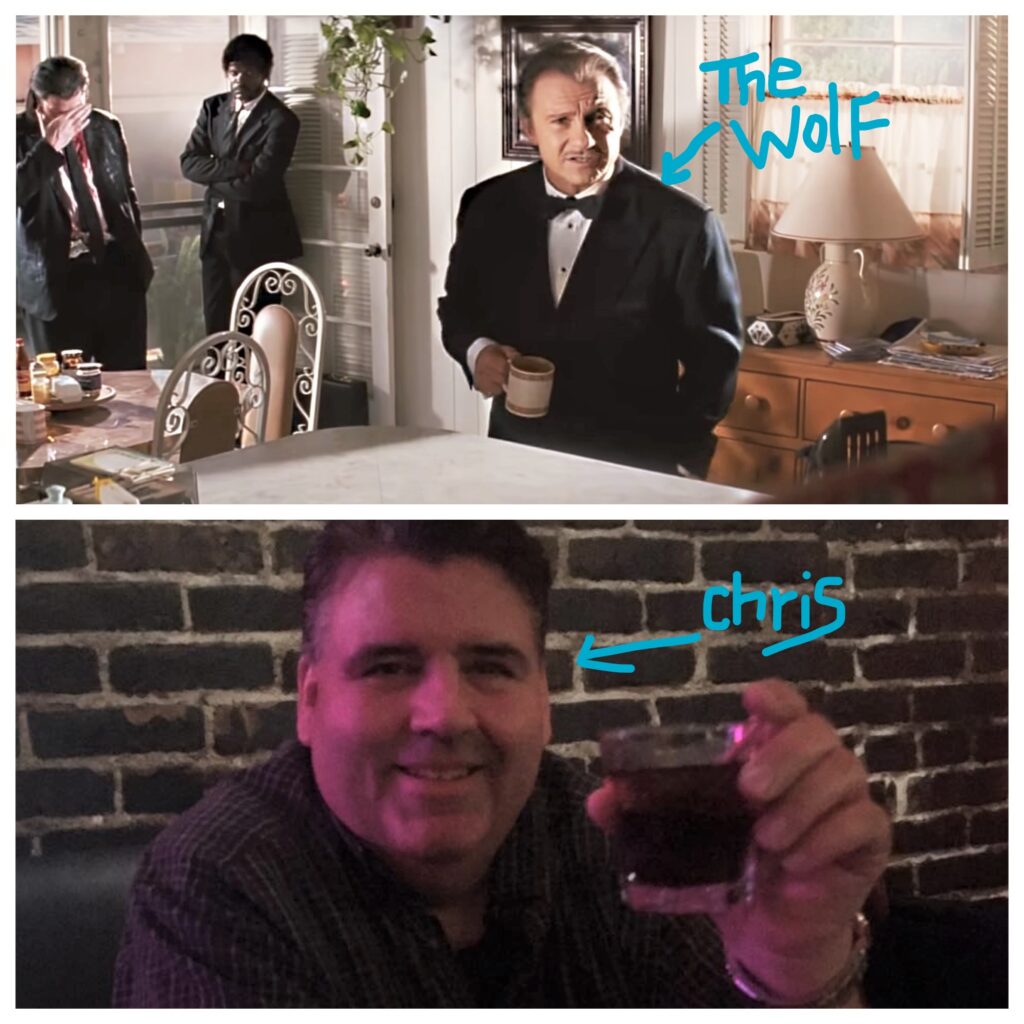
 (taken care of), the house with the car that needs to be removed from the garage
(taken care of), the house with the car that needs to be removed from the garage 